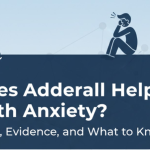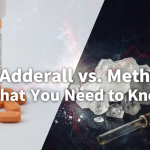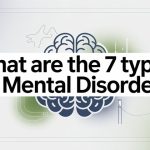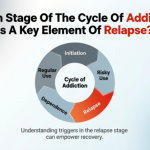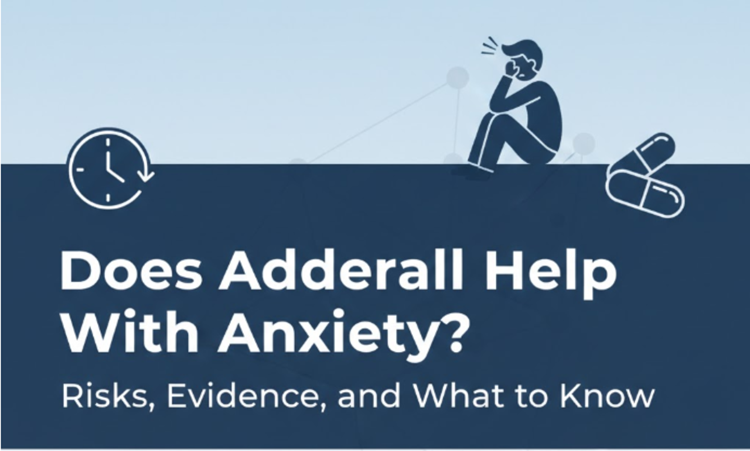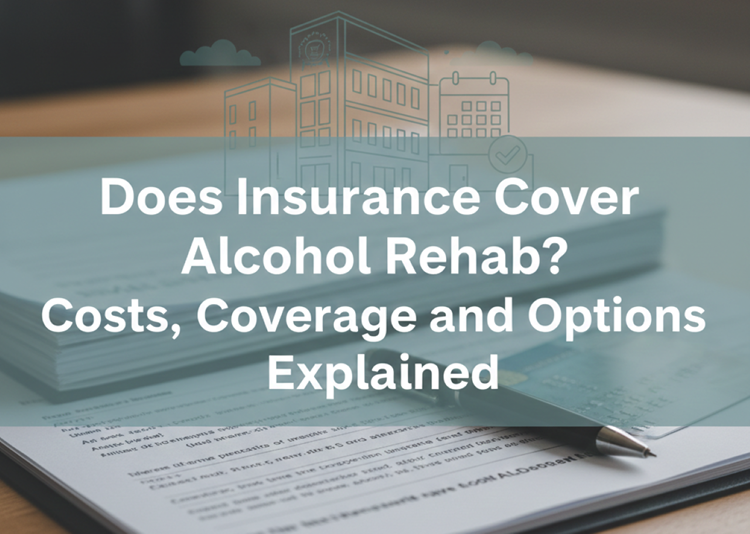Mental health is an essential component in our well being but millions of individuals live daily with mental disorders. A mental disorder illness influences how a person thinks, feels, and behaves, and in most cases, it distorts relationships, work and life daily. Lack of stigma and empowerment of patients to seek proper mental help can be done with an understanding of the type of mental disorders as the cause and symptoms along with treatment.
We are also dedicated to bring high-quality and compassionate evidence-based mental health care to people living with mental health disorders at solutions healthcare. To see how we can assist you, call us today at (386) 866-3600.
What is a Mental Disorder?
Mental disorder is an ailment to mood, thinking and behavior. These disorders may be a mild anxiety or depression or as extreme as schizophrenia or bipolar. Mental health disorders are not new and one adult in every five in the United States is affected by some mental illness annually.
Many people often ask questions such as: Is ADHD a mental disorder? or Is depression a mental health disorder? The answer is yes both are identified as mental health disorders Equally, anxiety conditions present the biggest problem of mental health conditions across the globe.
Common Mental Health Disorders
These are some of the most widespread mental health disorders:
- Anxiety Disorders – These are generalized anxiety disorder, panic disorder, and phobias.
- Depression – It is one of the most prevalent illnesses, which influence mood, energy levels and performance in daily life.
- Deficit/Hyperactivity Disorder (ADHD) – It is a neurodevelopmental disorder which affects focus, attention, and impulse control.
- Bipolar Disorder – Mood swings from the depression stage to mania.
- Post-Traumatic Stress Disorder (PTSD) – It is initiated by traumatic events and leads to flashbacks, nervousness and emotional disturbances.
- Obsessive-Compulsive Disorder (OCD) – This is characterized by thoughts and actions that one does not wish to engage in.
- Schizophrenia – A chronic mental illness that influences thinking, emotions and reality.
These mental health disorders most common can affect anyone regardless of age, background, or lifestyle.
100% Confidential Support is Available 24/7
No matter what you’re going through, you’re not alone. Our dedicated team is here to provide a safe, judgment-free space where you can talk openly and honestly. Whether you need emotional support, resources, or just someone to listen.
We’re here for you—completely confidential and always respectful of your privacy. Call us today!
Causes of Mental Illness
Mental disorder illness has complicated causes, and there are usually a series of reasons that include:
- Biological ones: Genes, the chemistry of the brain or physical brain damage.
- Environmental factors: Trauma, abuse, neglect or onerous living conditions
- Psychological causes; low self-esteem, poor coping skills or unresolved emotional troubles.
- Substance health: Abusing alcohol or using drugs can exacerbate or exonerate mental conditions.
Knowledge of the underlying causes assists professionals to present effective treatment and prevention measures.
Contact Solutions Healthcare
Battling with Drug and Alcohol Addition? Remember, you are not alone and we are here to help you!
Symptoms of Mental Health Disorders
Although the symptoms differ based on the nature of the mental health disorder, some of the general symptoms are:
- Persistent sadness or irritability
- Intense fear, worry, or anxiety
- Extreme mood swings
- Difficulty concentrating or focusing
- Withdrawal from friends, family, or activities
- Changes in sleeping or eating habits
- Thoughts of self-harm or suicide
When these symptoms arise it is important to seek treatment advice with a qualified person.
Treatments for Mental Health Disorders
Treatment of mental health disorders is individually unique, but it often includes some of the following methods:
1. Psychotherapy (Talk Therapy)
Various types, e.g. cognitive-behavioral therapy (CBT) or dialectical behavior therapy (DBT), help to manage the symptoms, develop coping skills and enhance functioning in everyday life.
2. Medications
To allay the symptoms and stabilize the brain chemistry, antidepressants, mood stabilizers, and antipsychotics are normally applied.
3. Lifestyle Changes
Proper nutrition, healthy sleep and stress management, and exercises can advance the mental health significantly.
4. Support Groups
Peer support groups assist a person in bonding with others, who have undergone the same experiences.
5. Inpatient and Outpatient Programs
Structured programs create the environment and resources necessary to recover depending on the severity.
We offer a comprehensive treatment plan to help patients with long-term recovery at Solutions Healthcare.

Mental disorders are not rare and are treatable Learning about their forms, causes, symptoms, and treatment options, one can be proactive in his or her treatment and recovery. If you’ve ever wondered, “Is anxiety a mental health disorder?” or “Is depression a mental health disorder?, the answer is yes, and both conditions, along with many others, can be effectively treated with the right support.
There is no time like the present to get help. Contact Solutions Healthcare now at (386) 866-3600 and start on the road of having a healthy mind.
FAQs About Mental Disorders
What are the 7 types of mental disorders and symptoms?
The seven most common categories are; anxiety, mood-diagnosis, eating, attention-deficit/hyperactivity disorder (ADHD), personality disorders, psychotic conditions (such as schizophrenia), and PTSD. The symptoms include mood swings, fear and hallucinations, compulsions, or inability to focus attention.
What are the 12 types of mental disorders?
Some of the most common include: anxiety, depression, bipolar disorder, schizophrenia, ADHD, PTSD, OCD, substance use disorders, eating disorders, personality disorders, neurocognitive disorders and developmental disorders.
What are 10 types of mental disorders?
There are ten of the most widely observed disorders and they include: anxiety disorder, depression, ADHD, bipolar disorder, PTSD, OCD, schizophrenia, phobias, eating disorders, and borderline personality disorder.
What are the treatments for mental health?
Some of the treatments are psychotherapy and medications as well as lifestyle changes, inpatient or outpatient treatment, or peer support. The best results are frequently achieved when a mixture of methods is applied.
What are the causes of mental illness?
Genetics, brain chemistry, trauma, environment stressor or substance abuse can cause mental illness. Usually a combination of two or more things are involved and cause the development of a disorder.







